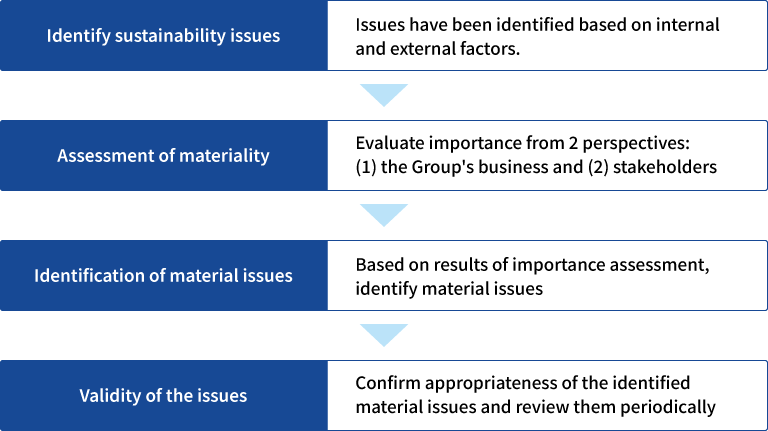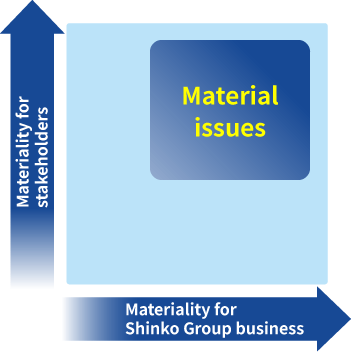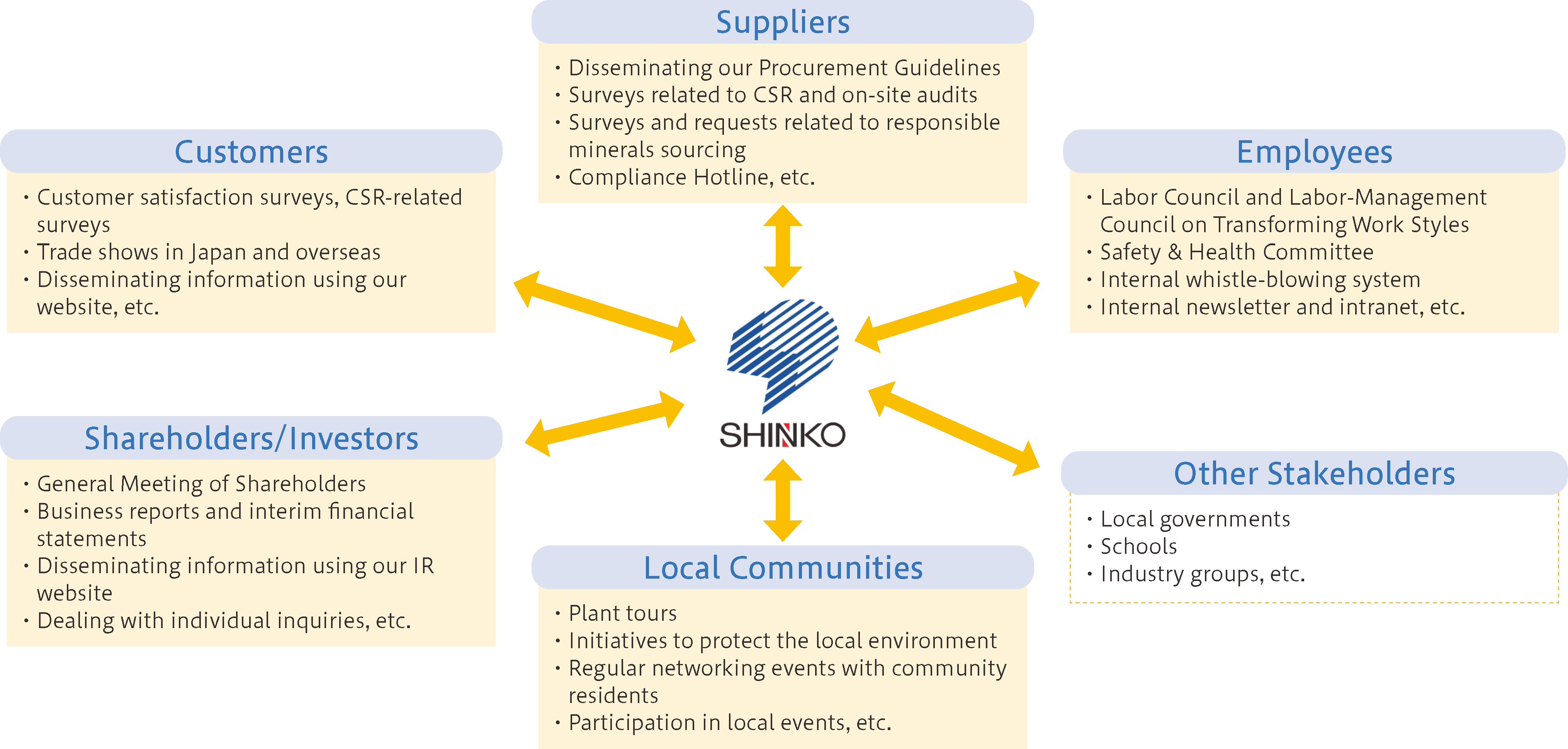
SHINKO ELECTRIC INDUSTRIES CO., LTD.

SHINKO ELECTRIC INDUSTRIES CO., LTD.
In 1946, with the main aim of ensuring local employment during the chaos of the postwar period, Shinko launched our business starting with the refurbishment/recycling of unusable lightbulbs. From that time until now, the Shinko Group has consistently carried out business operations that always take into account coexistence with local communities, consideration for the global environment, and respect for humanity.
The Shinko Group aims to contribute to lives of abundance for people around the world by developing, manufacturing, and selling advanced products that meet the needs of an increasingly sophisticated market. By implementing the Shinko Way, which embodies the spirit inherited from our founder and our Group's reason for existence in society, the Group aims to promote activities that address a variety of sustainability issues and contribute to the realization of a sustainable society and the creation of a bright future.
In response to sustainability issues, we identify material issues from the perspective of both the Shinko Group's business and the stakeholders, establish specific action themes and targets for resolving these issues, and promote activities centered on each division in charge.
We also aim to contribute to the achievement of the Sustainable Development Goals (SDGs) advocated by the United Nations by addressing climate change and other worsening environmental issues, as well as social issues that are growing more diverse and complex.
As the person responsible for promoting the sustainability activities of the Shinko Group, the Representative Director of Board, President oversees all activities, and the Sustainability Promotion Division serves as company-wide secretariat. In response to each sustainability issue, committees composed of members from related divisions are established for each field, and the divisions responsible for each issue implement various measures to address sustainability issues throughout the Group.
In addition, the Green Factory Promotion Subcommittees established at each plant promote activities to address environmental issues such as reducing greenhouse gas emissions, waste generation, and use of water resources. The CSR・SDGs Promotion Subcommittee, in which relevant divisions participate, strengthens activities taken to address social issues and the SDGs.
Our overseas manufacturing subsidiaries, in addition to establishing a sustainability promotion system, have set specific targets for various issues and are taking measures to strengthen their sustainability activities.

Based on internal factors such as the Corporate Values of the Shinko Way and management policies, as well as external factors such as major international sustainability-related guidelines and social requirements, the Shinko Group identifies material issues (materiality) to prioritize among the various sustainability issues. When identifying material issues, we evaluate their importance from two perspectives: their importance to the Shinko Group's business and their importance to stakeholders.
We confirm the appropriateness of the selected material issues and periodically review them.


International Reference Guidelines on Sustainability
Each year, the divisions in charge set specific targets for the material issues (materiality) that have been identified and then conduct various activities while monitoring progress and issues. The activities are continuously improved through a PDCA cycle that leads to the next year's activities.
| Field | Materiality | Action Themes |
|---|---|---|
| Environmental issues | 1. Climate change | (1) Responding to climate change |
| (2) Reducing energy consumption | ||
| 2. Resource circulation | (1) Reducing waste | |
| (2) Reducing water use | ||
| (3) Reducing raw material use | ||
| 3. Living in harmony with nature | (1) Biodiversity conservation | |
| (2) Prevention of pollution | ||
| (3) Management of toxic substances | ||
| Social issues | 4. Contributing to and coexistence with local communities | (1) Dialogue and coexistence with local communities |
| 5. Respect for human rights and diversity | (1) Respecting human rights | |
| (2) Use of diverse employees | ||
| (3) Responding to LGBTQ issues | ||
| 6. Creating a dynamic corporate culture | (1) Work-life balance | |
| (2) Human resource development | ||
| (3) Fair evaluation | ||
| (4) Labor relations | ||
| 7. Creating a safe and comfortable working environment | (1) Occupational safety and health | |
| (2) Emergency Preparedness | ||
| 8. Promoting social responsibility in the supply chain | (1) Promotion of green procurement | |
| (2) Responsible minerals sourcing | ||
| (3) Respecting human rights in the supply chain | ||
| 9. Contributing to society through technology and quality | (1) Contributing to society through technology and manufacturing | |
| (2) Fulfilling social responsibility by pursuing quality | ||
| Governance | 10. Strengthening governance | (1) Corporate governance |
| (2) Compliance | ||
| (3) Risk management | ||
| (4) Information protection |
The business of the Shinko Group is supported by a wide range of stakeholders, including our customers, suppliers, shareholders, investors, employees, and local communities.
Through communication with stakeholders, Shinko aims to fulfill our social responsibility and contribute to the sustainable growth of society by understanding the expectations and wishes of our group as well as the social issues we face.
